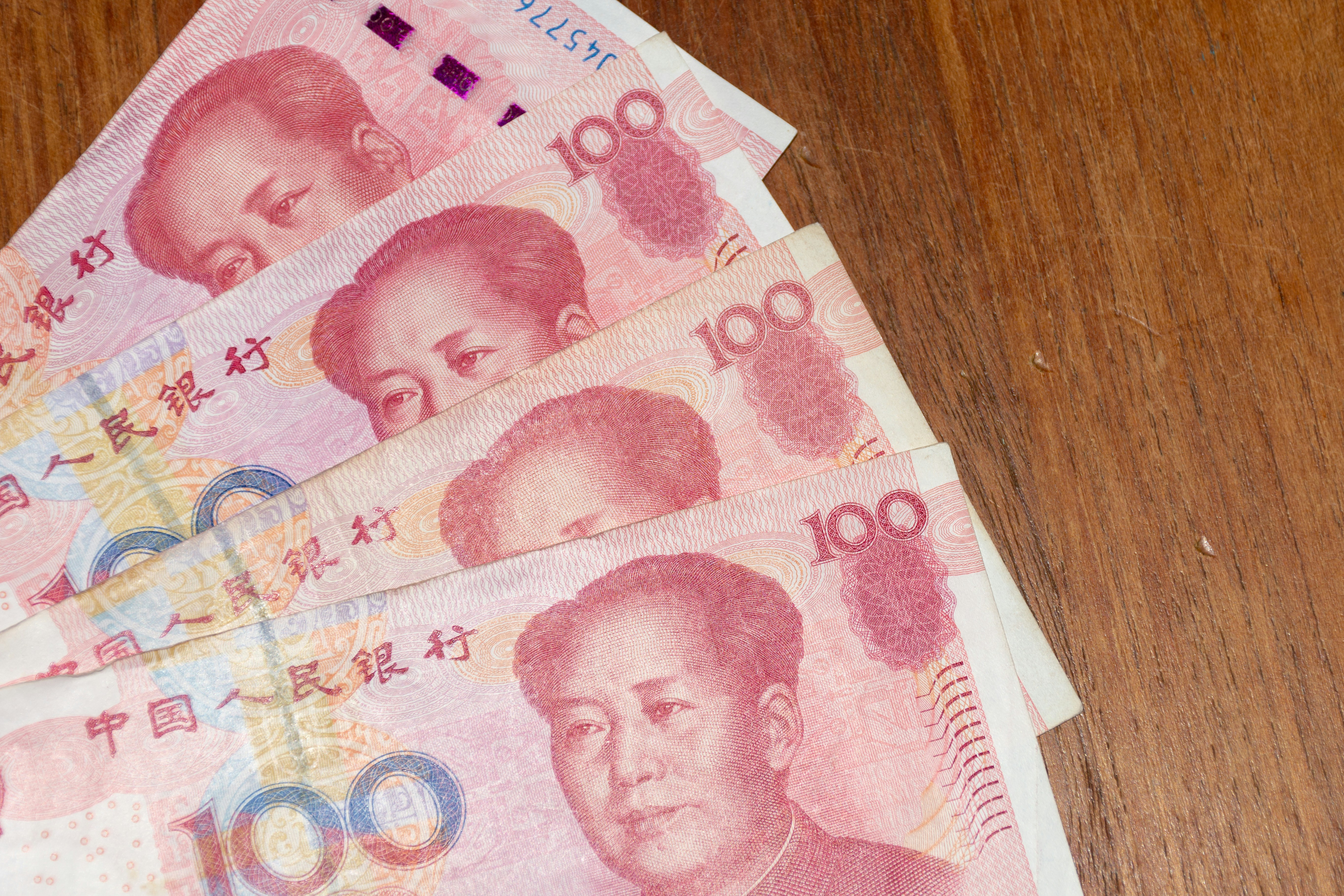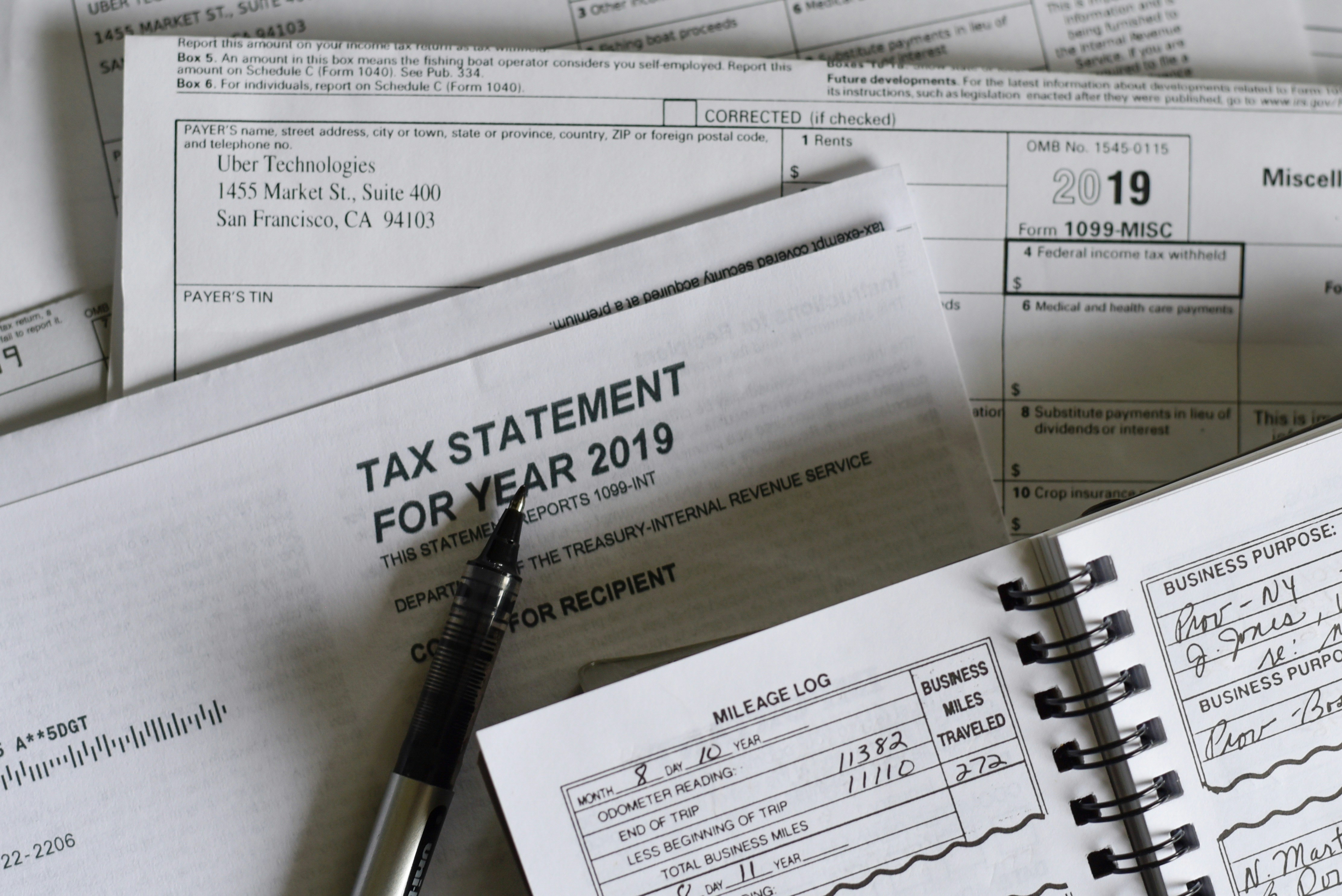Introduction

Are you ready to dive into the complex world of Chinese tax rates? Understanding the basics is crucial if you're a foreigner navigating the system or a corporate entity looking to optimize your tax strategy. From income tax rates to corporate tax brackets, we'll explore all the key tax rates in China.
Understanding China Tax Rate Basics
Before delving into the specifics, it's essential to grasp the fundamental principles of China's tax rates. There are various layers to consider, from individual income taxes to corporate taxes. We'll break down the different types of taxes and how they impact individuals and businesses operating in China.
Moving on to individual income taxes, it's important to note that China operates on a progressive tax system, meaning that the tax rate increases as income rises. This can have significant implications for expatriates and foreign nationals working in China, as they may be subject to different tax rates and regulations than Chinese citizens. Understanding these nuances is crucial for individuals looking to navigate the complexities of China's tax system.
Exploring
China's Corporate Tax Rate
Corporate tax rates play a significant role in financial planning and decision-making for businesses operating in China. We'll examine how corporate tax rates are structured and how they can impact your bottom line. Understanding these intricacies is essential for any company operating within Chinese borders.
Corporate tax rates in China are determined based on the type of business and its location, with different rates applying to domestic and foreign companies. Understanding these variations is crucial for accurate financial planning and budgeting. Additionally, staying up-to-date with any changes or updates to the tax laws is essential to avoid any potential penalties or fines.
Navigating Tax Rate in China
Navigating the complex landscape of tax rates in China can be daunting, especially for foreigners unfamiliar with the system. Understanding the different tax brackets and rates for personal income, corporate income, value-added tax, and other levies is crucial for individuals and businesses to make informed financial decisions. Moreover, staying updated on any changes or updates to the tax laws and regulations is essential to ensure compliance and avoid potential penalties or legal issues.
China Tax Rate Explained

When understanding the Chinese tax rate, it's essential to start with an overview of the income tax rate. The income tax rate in China is progressive, ranging from 3% to 45%, depending on the individual's income level. This means that the more you earn, the higher your tax rate will be. As a result, individuals and businesses must stay informed about these rates and plan their finances accordingly.
Overview of
China's Income Tax Rate
The China income tax rate is structured into seven brackets, with different tax rates applied to each. For example, individuals earning up to 36,000 RMB per year are taxed at a rate of 3%, while those earning over 960,000 RMB per year are taxed at 45%. Understanding these brackets is crucial for effective financial planning and compliance with Chinese tax laws.
Understanding these brackets is crucial for effective financial planning and compliance with Chinese tax laws. It's important to note that the tax rates in China are progressive, meaning that as income increases, so does the tax rate. This means that individuals should be aware of how their income falls into different brackets to calculate their tax liability and make informed financial decisions accurately.
Understanding China Tax Brackets
The key to navigating the Chinese tax system lies in understanding the various tax brackets and how they apply to different income levels. By familiarizing yourself with these brackets, you can make informed decisions about your finances and take advantage of any available deductions or exemptions. This knowledge also allows you to optimize your income and investments to minimize your overall tax burden.
Understanding China's Tax Brackets is essential for anyone living and working there. The tax brackets determine the percentage of tax you owe based on your income level, so being familiar with these brackets allows you to plan your finances accordingly. Additionally, knowing the tax brackets helps you take advantage of any available deductions or exemptions, which can significantly reduce your overall tax burden. By staying informed about the Chinese tax system, you can make strategic decisions about your income and investments to minimize your tax liability.
Key Factors Influencing China Tax Rates
Several factors influence the overall tax rates in China:
- Government policy changes: New laws and regulations, like the introduction of a VAT or adjustments to income tax brackets, can directly affect tax obligations.
- Economic conditions: The health of the Chinese economy can influence tax policies as the government seeks to raise revenue or stimulate growth.
- Global trade dynamics: International trade agreements and fluctuations in global markets can impact China's tax policies.
- Individual circumstances: Residency status and employment type can also determine your specific tax rates.
Staying informed about these factors is essential for effectively managing your taxes in China.
Navigating the Chinese tax system requires ongoing attention to ensure compliance and maximize efficiency. You can minimize your tax liabilities and operate smoothly within China's dynamic economic landscape by keeping yourself updated.
China Tax Rate for Foreigners

As a foreigner working in China, it's essential to understand the implications of the Chinese tax rates on your income. The tax rates for foreigners in China are determined by the duration of their stay and the source of their income, so it's crucial to be aware of these factors to avoid surprises during tax season.
Implications of China Tax Rates for Foreigners
Foreigners in China are subject to different tax rates depending on whether they are classified as residents or non-residents for tax purposes. Residents are taxed on their worldwide income, while non-residents are only taxed on income derived from within China. Understanding this distinction is key to managing your tax obligations effectively and ensuring compliance with Chinese tax laws.
Understanding the tax implications of residency status in China is crucial for foreigners, as it can significantly impact their tax liabilities. For residents, the obligation to report and pay taxes extends beyond income earned within China to include worldwide income. This means that foreign residents in China must carefully track and report all sources of income, both domestic and international, to ensure compliance with Chinese tax laws.
Special Considerations for Foreigners in China
In addition to the residency classification, special considerations, such as double taxation agreements between China and other countries, can impact foreigners' tax rates. It's essential for expatriates working in China to be aware of these agreements and seek professional advice to navigate potential complexities and optimize their tax situation.
Tips for Managing Tax
Rates as a Foreigner in China
To effectively manage your tax rate as a foreigner in China, consider following these steps:
- Understand Residency Status: China's tax treatment depends on your residency status. Resident individuals pay tax on worldwide income, while non-residents only pay on China-sourced income.
- Research Tax Rates and Deductions: China's tax system is progressive, with varying rates depending on income level. Explore available deductions and exemptions that can significantly reduce your tax burden.
- Seek Professional Tax Advice: It is crucial to consult a tax professional specializing in international taxation. They can navigate complex regulations, identify relevant deductions and credits, and ensure compliance, minimizing tax liability.
By following these steps, you can confidently optimize your financial situation and navigate China's tax landscape.
Corporate Tax Rate in China

Understanding the nuances and implications of the corporate tax rate in China is essential for businesses operating in the country. With a standard corporate tax rate of 25%, various incentives and deductions are available for companies, depending on their industry and location. Businesses must stay updated on the latest regulations and changes to ensure compliance with China's corporate tax laws.
Insights into Corporate Tax
Rates in China
The corporate tax rate in China is relatively competitive compared to other major economies, making it an attractive destination for foreign investment. However, companies must navigate various regional and industry-specific tax policies that can impact their effective tax rate. Understanding these intricacies is key to managing tax liabilities and optimizing financial performance in the Chinese market.
One strategy for optimizing the corporate tax rate in China is to take advantage of available incentives and deductions. By understanding the various tax policies at the regional and industry levels, companies can identify opportunities to lower their effective tax rate. For example, certain regions may offer tax breaks for businesses that invest in specific industries or technologies, providing an opportunity to reduce overall tax liabilities.
Strategies for Optimizing Corporate Tax Rate
To optimize their corporate tax rate in China, businesses can leverage incentives such as preferential tax treatment for high-tech enterprises, innovation-driven companies, and those operating in specific regions designated for economic development. Additionally, strategic structuring of business operations and transactions can help minimize tax exposure while maximizing operational efficiency within the legal framework.
Comparison of Corporate Tax Rate in China with Other Countries
China's corporate tax rate is competitive compared to other countries, especially when considering the available deductions and incentives tailored to support certain industries and economic activities. Businesses can make informed decisions when expanding their global footprint or establishing cross-border operations by conducting a thorough comparative analysis of corporate tax rates across different jurisdictions.
Furthermore, China's tax laws constantly evolve to attract foreign investment and encourage innovation. This means that businesses can benefit from ongoing changes to the tax code, allowing them to take advantage of new opportunities for savings and growth. With a knowledgeable legal partner like AC&E, companies can stay updated on these developments and ensure compliance with the latest regulations, giving them a competitive edge in the Chinese market.
AC&E: Your Legal Partner for China Tax Matters

Introduction to AC&E: Your Trusted Legal Team
When navigating the complex landscape of China tax rates, AC&E is your trusted legal partner. With a team of experienced professionals well-versed in Chinese tax laws, we offer expert guidance and support to ensure your business complies with all tax regulations while maximizing efficiency.
How AC&E Can Help with International Trade Disputes
In addition to handling tax matters, AC&E specializes in resolving international trade disputes that may impact your business operations in China. Our legal team has a proven track record of successfully representing clients in trade-related conflicts, providing strategic counsel and representation throughout the process. Navigating the complex web of regulations and agreements in international trade can be daunting. AC&E's expertise in this area allows us to guide our clients through these challenges, ensuring their interests and rights are protected.
The Importance of Legal Support for Company Establishment and Tax Compliance in China
Establishing a company in China comes with its own set of challenges, especially when it comes to tax compliance. AC&E offers comprehensive legal support to minimize the risk of penalties or legal issues.
Here's how AC&E can ensure your tax compliance in China:
- Expert Guidance: Our team of experts will help you navigate the complex landscape of tax regulations.
- Full Compliance: We'll ensure your company adheres to all tax laws, giving you peace of mind.
- Focus on Growth: With our support, you can focus on growing your business without worrying about tax challenges.
AC&E is your one-stop shop for navigating the intricacies of China tax rates and ensuring compliance. Contact us today for expert assistance.
Expert Legal Guidance for Navigating China's Tax Rate

Navigating the complex landscape of China's tax rates can be daunting, but with expert legal guidance, it becomes a breeze. AC&E is your trusted partner in understanding and optimizing your tax liabilities in China, ensuring compliance and maximizing efficiency.
With AC&E's deep expertise in Chinese tax laws and regulations, you can rest assured that you receive the best legal guidance to navigate the intricacies of Chinese tax rates. Our experienced professionals are dedicated to helping you understand and manage your tax obligations effectively.
Partnering with AC&E for Seamless Legal Solutions
Whether you're considering corporate tax rates in China or navigating the nuances of income tax, partnering with AC&E means seamless legal solutions tailored to your specific needs. We work closely with our clients to provide personalized support that ensures compliance while minimizing tax liabilities.
Maximizing Tax Efficiency in China with AC&E
Maximizing tax efficiency in China is crucial for individuals and businesses, and AC&E is here to help you achieve just that. By leveraging our expertise and resources, we can assist you in optimizing your tax position while fully complying with all relevant laws and regulations.
